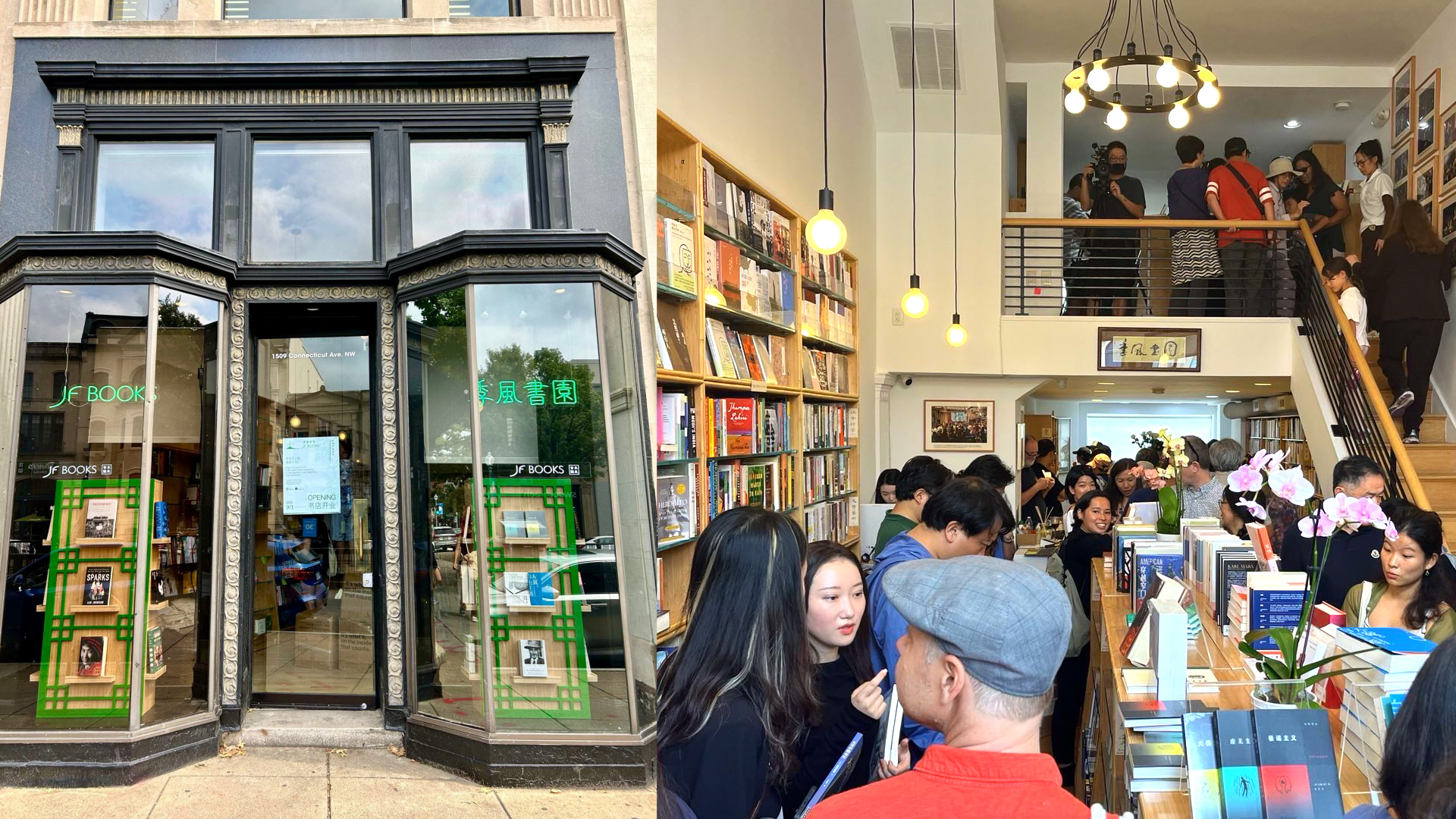CHINA: Yu Miao once owned a thriving bookstore in Shanghai, China, but unfortunately, in 2018, he had to close it down after Chinese authorities refused to renew his lease and prevented him from finding a new location for his bookstore even outside the city.
In Shanghai, his bookstore used to be called the Jifeng Bookstore, and it was founded in 1997. The bookstore was popular among intellectuals and scholars and had outlets in several Shanghai metro stations. During its heyday, it had eight locations across the city.
However, after Xi Jinping became president in 2012, China started to clamp down on public events promoting free speech and bookstores like Yu Miao’s.
Many businesses of this nature in recent years would find their lease not being renewed or the companies simply being told that their lease had expired and could not be renewed. Yu said he often had to cancel talks, lectures and public events in Shanghai during those years.
In 2018, Yu moved to Florida with his wife and family and later relocated to Washington, D.C., to study English language and literature.
Chinese authorities still tracked his movements, though and in August 2022, his wife, who had gone to visit China to see her ailing mother, was barred from leaving the country for eight months.
In Washington D.C., though, it’s a different story and a far cry from the last few years at Jifeng bookstore. His new books store in D.C. is now called JF Books, and last weekend, Yu had a public lecture at the venue titled “Rights and Privacy in the Digital Age.”
The talk was given by Professor Minxin Pei and attracted a large crowd from the Chinese community. The restrictions on free speech in China drove Yu to open the bookshop under a new name in DC, which appears to be thriving again.
JF Books features Chinese-language volumes from mainland China, Hong Kong, Taiwan, and Japan. And English titles emphasise Chinese and Asian topics.
季风书园今日正式开业! 11am-8pm,欢迎您光临!
九月份将有三场季风人文讲坛活动,请在此留言报名,注明参加哪场活动,50个名额,报满即止,我们会私信您确认报名成功。
我们一家非盈利机构,希望得到社会各界的支持,让书店茁壮成长。季风的存在,因为有你们相伴,才有意义。
JF Books officially… pic.twitter.com/FRUqtsG4OR
— JF Books 季風書園 (@Jifengbooks) September 1, 2024
Aside from human rights and political talks, Yu also sees the bookstore as a space for public discussions and readings. It’s for people to connect and explore cultural and social issues and obtain information about China.
“If a reader steps into a bookstore and is moved by something, that joy is real. When we attend lectures in both Chinese and English, we meet old and new friends. I want to host literary salons so people can connect, talk, and find support – a place to build spiritual connections.”
Yu hopes his bookstore will motivate readers to explore books in English that introduce Chinese traditions, politics and culture. “The Chinese people are not their government – they are kind and want a better life, but they have no say,” he said.

